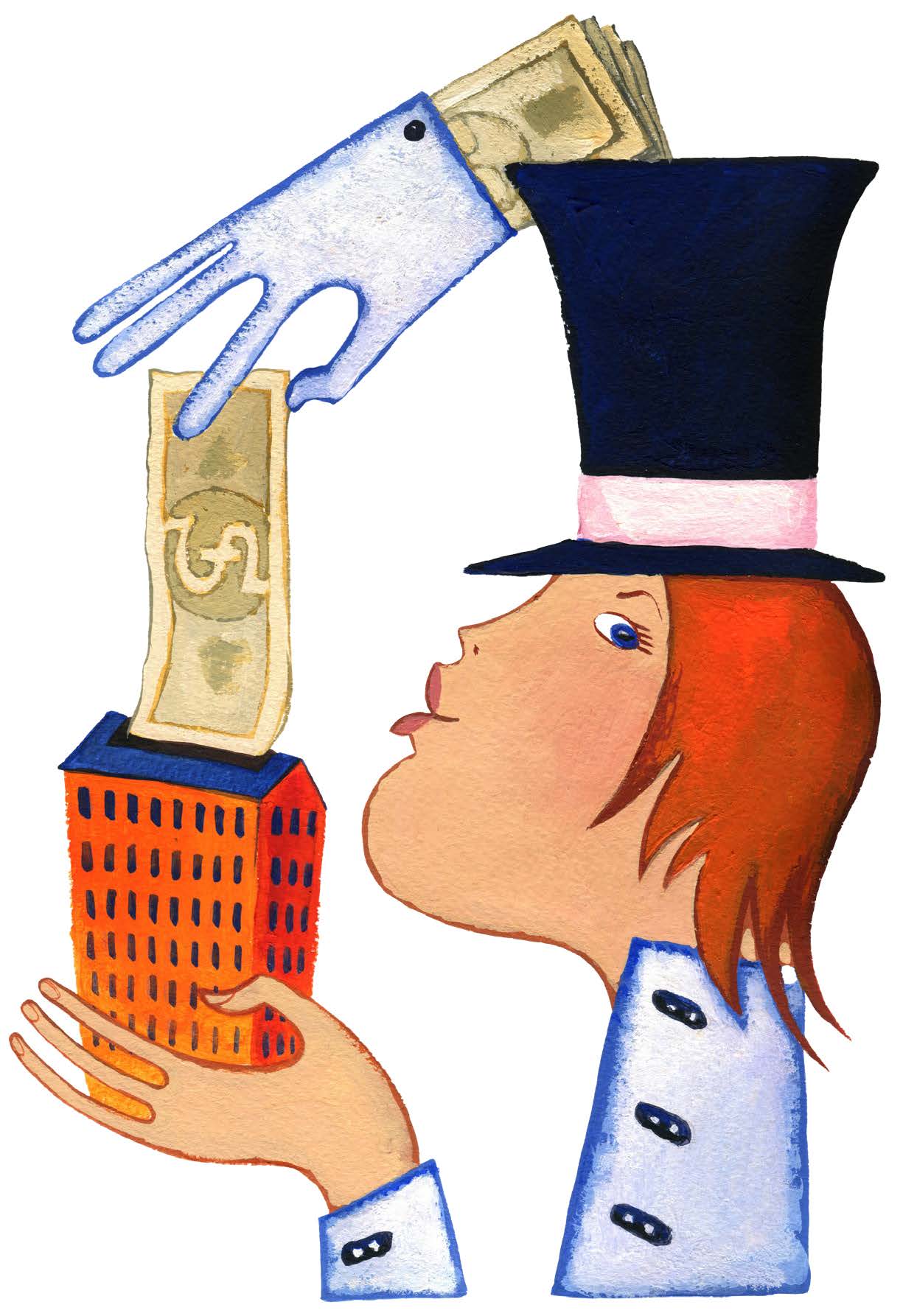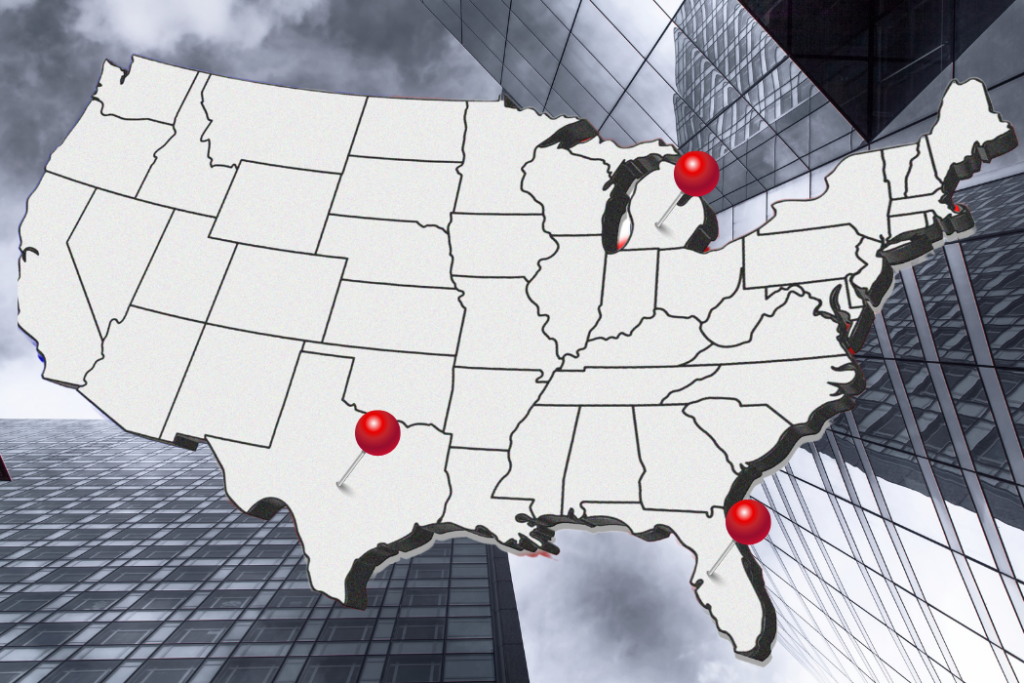
What is the most valuable yet underutilized tool that will change anyone’s life if used correctly? Truth is that most people don’t know the underlying benefits of a budget. They only know that budgets help track spending but that’s just the tip of the iceberg. Let’s explore five ways a budget can be a gamechanger for you.
- Find out if you have an income problem or a spending problem.
Studies show that 61 percent of Americans are living paycheck to paycheck. People automatically think they need to make more money to keep up with the unaffordable lifestyle they’ve created. But that may not be the case. The problem may simply be people are living above their means. Once you create a budget, you will be able to easily identify problems and analyze how you can reallocate your budget to support your needs.
- Fund your goals with sinking funds.
Do you have big dreams and goals you’re trying to accomplish but the cost to pursue those dreams makes it stressful to think about? Everyone can relate no matter your social status. From the downpayment of a house, the cost to start your own business, pay for a certification, or even gathering money for Christmas. Sinking funds can help you achieve your goals by putting aside money periodically to have the total amount available by your target date. For example, you’re looking to put down $15,000 on a home in three years. You can effectively plan and make this specific goal affordable by funding this goal every paycheck. First, you’ll split the $15,000 over three years, which is $5,000 each year. You’ll break the yearly amount into monthly amounts of $417/month. Last, you would split the monthly amount into paychecks (assuming you get paid twice a month in our example). You would need to set aside $209 each paycheck to be ready to buy your home in 3 years. What’s less stressful and easier to commit: funding your goals in manageable amounts on your schedule, or impulsively spending a large sum of money that could deplete your emergency fund and leave you exposed to catastrophic loss? You be the judge.
- Pay yourself like a bill.
The same way you commit to paying your landlord and bill collectors should be the same level of commitment you have to fund your financial goals. There are two types of accounts you need at minimum, which is an emergency fund to build financial stability and investments to build financial wealth. Sorry, but these are non-negotiable. There are two things that are guaranteed to happen to everyone. (1) The unexpected is going to happen when we least expect it. An emergency fund is going to be your safety net. There to catch you when life unexpectedly tries to knock you down. (2) You will stop working at some point and live off the money you’ve accumulated over the years. Consistent contributions to your investment vehicles will have a greater impact than a savings account over a long period of time simply because investments have a higher rate of return on your money. Currently, the average annual return on a savings account is less than one percent on your money in the account. Historically, the annual return on an investment from the stock market is about 10 percent which is significantly higher. Let’s briefly put it in perspective. If you saved $250/ paycheck and stuffed it under your mattress for 35 years you will have $210,000. If you kept the money in a savings account rather than under your mattress and earned roughly 1 percent on your money you would have about $251,000.
However, if you took the same scenario and instead invested $250/ paycheck over 35 years with an average annual return of 10 percent on your investment, you would have about $1.7 million. Notice any difference? This is why it is important to commit to paying yourself like a bill. You have the potential to change your life and many generations after you.
- The power to change lives without interrupting your own.
Imagine someone who started from humble beginnings. They will never forget the feeling of being disadvantaged and helpless. Feelings they would never want their child to experience. This particular individual may become passionate about exposing their child to a better life with the resources they wish they had growing up. So, they’ve built resources for their child into their budget, funding their child’s custodial account and investing money on their behalf. Since the child was born, they’ve invested $100/month. If the account can average 10 to 12 percent return on investment, by age 21 their child will have roughly $80,000 to $100,000 to start their adult life. They will have the buying power to access opportunities, education, entrepreneurship, etc. Whichever way the wind blows them, their parents will support. Explore what you are passionate about and want to make a difference? You have the ability to build it into your budget to make an impact on others.
- Automate your progress to fund your success.
A budget should not be a full-time job. Once you set up your monthly budget, you should revisit it once a month or maybe twice if you need to revise your budget. You’ve built your goals into your budget, emergency, and investment funds. If you put it into perspective, you’re essentially automating your progress toward success at your own pace. What better way to take ownership of your life?
Remember: A budget is a roadmap that will take you from point A to point B, but it’s your job to strategize and plan how you will meet your goals to reach what you determine is success. Now, it’s time to take action. Take advantage of the most valuable yet underutilized tool that is at your fingertips.













